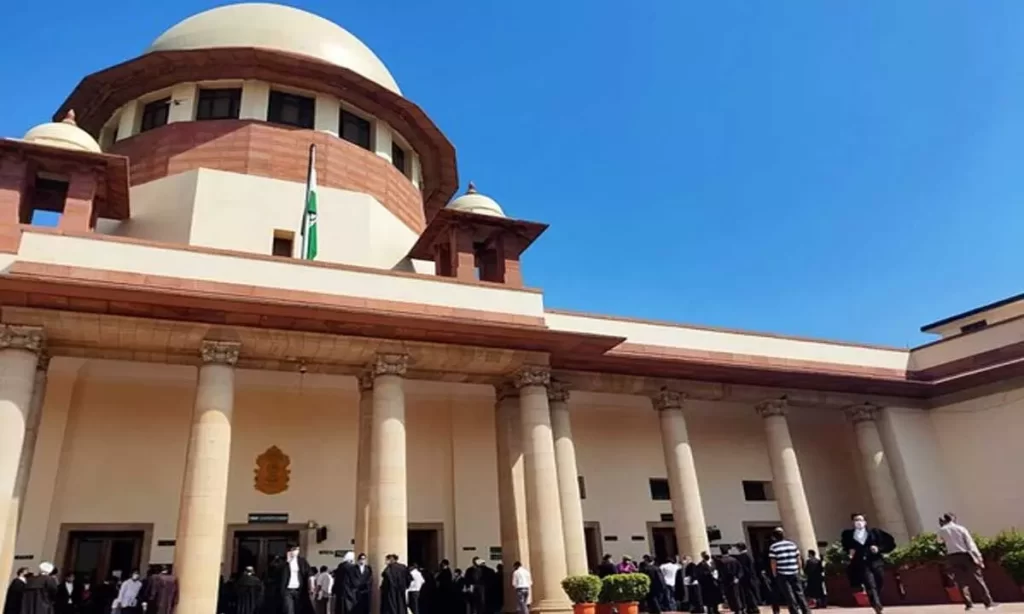Jahanvi Agarwal
In the recent development of the Karvy Stock Broking case, on 21st January 2024, the Supreme Court has issued orders to refrain from taking coercive actions against SEBI, National Securities Depository Limited (NSDL), and the National Stock Exchange of India Limited (NSE). The apex court presided over by Chief Justice DY Chandrachud and Justices JB Pardiwala and Manoj Misra, heard appeals challenging the Securities Appellate Tribunal’s (SAT) decision to set aside SEBI orders related to the Karvy case.
The court further directed the maintenance of the status quo regarding Axis Bank shares until the next hearing scheduled for January 25, 2024. The appeals contest the SAT’s December 2023 orders, which annulled SEBI’s directives against lenders like Axis Bank, ICICI Bank, HDFC Bank, IndusInd Bank, and Bajaj Finance. SEBI had earlier barred these lenders from revoking shares pledged by Karvy Stock Broking.
The SAT had ruled in favor of the lender institutions, allowing them to invoke the shares pledged by Karvy. The tribunal directed SEBI, NSDL, and NSE to reinstate the pledge in favor of the lenders or, alternatively, compensate them for the value of the underlying securities along with interest.
The tribunal emphasized that if SEBI, NSE or NSDL believed the pledge was incorrectly created by Karvy, the proper course of action would be to file an application before the NCLT for rectification. The SAT criticized the alleged transfer of pledged shares by NSDL to Karvy’s clients, likening it to an “illegal” act without due rectification procedures.
SAT was of the opinion that “..the tribunal went on to give separate directions for the appellant Axis Bank and for other appellants. The separate directions were required due to the status of pledged shares as for the shares pledged to Axis Bank this tribunal had directed parties to maintain status quo vide its order dated December 17, 2019.”
Expressing dissatisfaction with the SAT’s decision, SEBI, NSDL, and NSE have approached the Supreme Court seeking redress. Reports indicate that the outstanding dues to lenders exceed Rs 1400 crores, making this a significant and contentious financial dispute.

